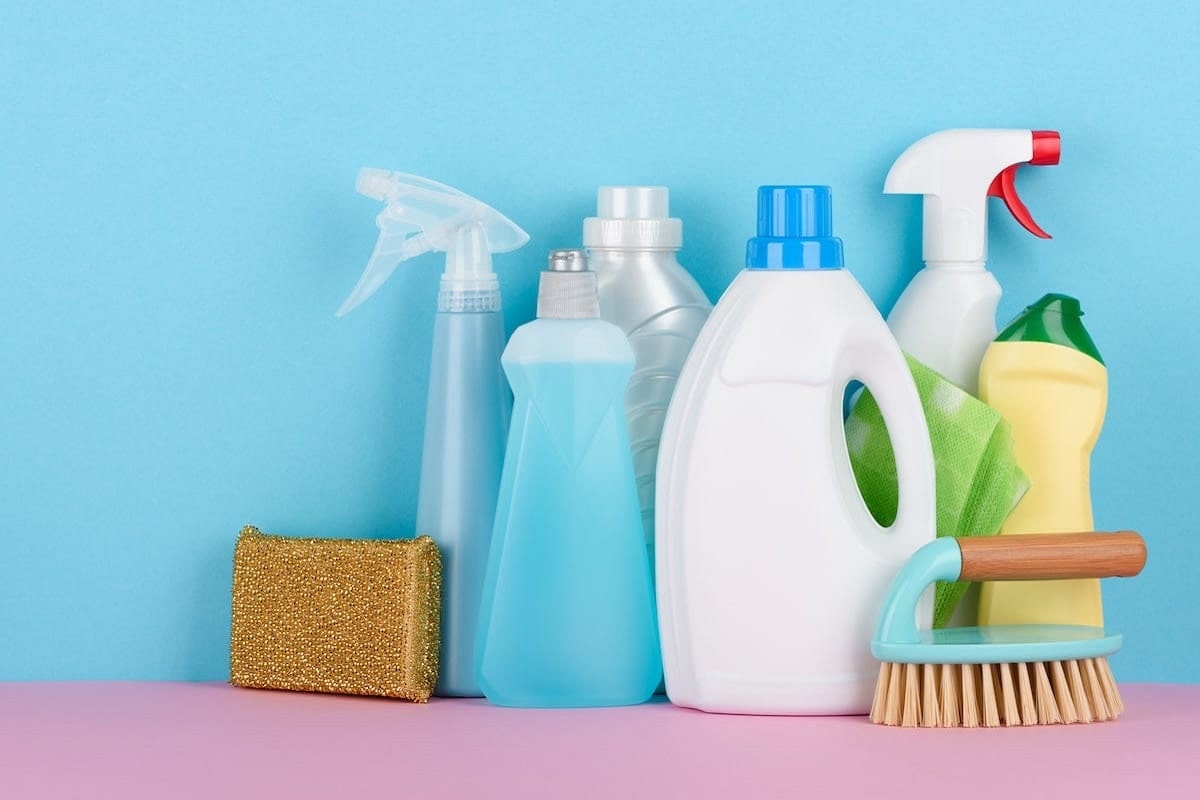Human senses can easily detect obvious air pollutants like mold, which makes the air smell like mildew. However, not all air pollutants are easily detected, and some are hazardous to human health. You cant cast out volatile organic compounds (VOCs) from the discussion since they are toxic air pollutants present in the atmosphere. These odorless and colorless compounds can come from surprising sources like cleaning products to furniture to building materials. This post will discuss what VOCs are how they can be detected. Stick to this article to know more!
What are Volatile Organic Compounds (VOCs)?
Volatile organic compounds (VOCs) are carbon-rich gases often found in the in-house air. These compounds are often generated naturally but sometimes through human actions. The category of these volatile compounds is vast, and some of them are found to be hazardous for human health.
Volatile organic compounds are often released from industrial activities. Moreover, they are also found in houses, hazardous when their concentration rises in the air. The best thing about them is that they are in solid or liquid form at the initial stage and gradually convert to gases as the process ends.
Common Sources of Volatile Organic Compounds:
VOCs are emitted from various sources, both in-house and in the outer air. The manufacturing industries are known to produce a huge quantity of VOCs during their operations. Moreover, home products like furniture or painting can also produce VOCs in a considerable amount. Following are a few commonly known sources of volatile compounds you must go through.
i) Building materials:
Building materials are known to produce VOCs in houses. You might think of it as industrial production, but you need to rethink, and a go-through will polish your understanding of this.
- Upholstery and foam
- Paint, Varnishes, adhesives, and caulks
- Vinyl flooring and carpets
- Composite wood and its products in houses
ii) Personal care products:
You need to be extra careful while choosing personal and home care products as they can often lead to VOCs production in your house. Overusing a few products can be the source of VOCs, and protective measures must be taken. A few of such products are mentioned here.
- Fuel, oil, and gasoline
- Air fresheners and cosmetics
- Cleaning products
- Hobby and craft supplies
- Pesticides
- Aerosol sprays
Your home needs to be protected against such toxic gases since they are hazardous to human health and the environment. The best you can do is contact safety equipment suppliers in UAE and acquire the best detectors and safety equipment for your home safety.
iii) Other activities:
Apart from these products and their usage, several activities lead to VOCs forming at your houses. You better watch out for them.
- Dry cleaning chemicals
- Smoking at home
- Using photocopiers in confined rooms
- Cooking
- Burning wood at the house
- Glues and permanent markers
What are the Health Hazards of VOCs?
Volatile organic compounds can cause serious health effects if exposed to them for quite a long time. The inhalation risk and degree of damage depending on how much a toxic chemical or gas is present in the air and for how long. People with asthma can pose serious symptoms even at lower level exposure to VOCs. Some of the common health effects and risks caused by VOCs are discussed here.
i) Acute short-term exposure:
You are exposed to VOCs for the short term when you paint your room or spray pesticides on the lawn. Acute short-term exposure can bring the following health hazards.
- Throat, nose, and eyes irritation
- Nausea
- Vomiting
- Dizziness
- Headaches
- Worsened asthma symptoms
- Skin problems
- Fatigue
- Difficulty in breathing
ii) Chronic Long-term exposures:
Volatile compounds can pose more severe risks when you are exposed to them for a longer period. The risks depend on which chemical/gas you are exposed to. Anyone who consistently works around VOCs can have the following health issues.
- Central nervous system diseases
- Cancer
- Liver problems
- Damaged kidneys
Benzene, commonly found in tobacco smoking and stored fuels, is referred to as a human carcinogen. Perchloroethylene, a common VOC chemical, can cause cancer in animals.
How to Detect VOCs?
Volatile compounds are often colorless and odorless and hence go unnoticed by human senses. If not detected on time, they can cause considerable health damages. The best way to detect these gases is to install the best gas detectors in your house and kitchen. These sensors will detect a higher concentration of toxic materials in the air, and the alarm will turn ON.
The best way to get these detectors is to contact safety suppliers and choose the relevant one for your house. You can ask these vendors about the best fit, and they can guide you on various fronts.
Monitor your House For Toxic Gases With Gas Detectors!
Your house might contain various toxic gases which you are unaware of. The best you can do is to install gas detectors in your house to detect unwanted gases. Consider contacting vendors today!





